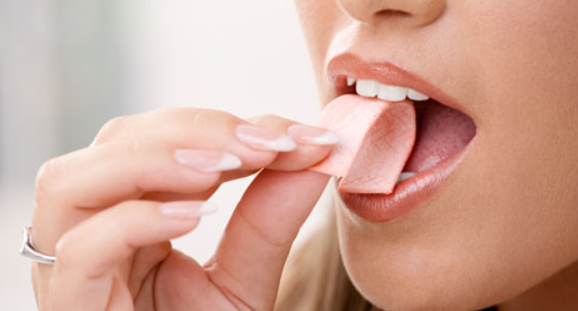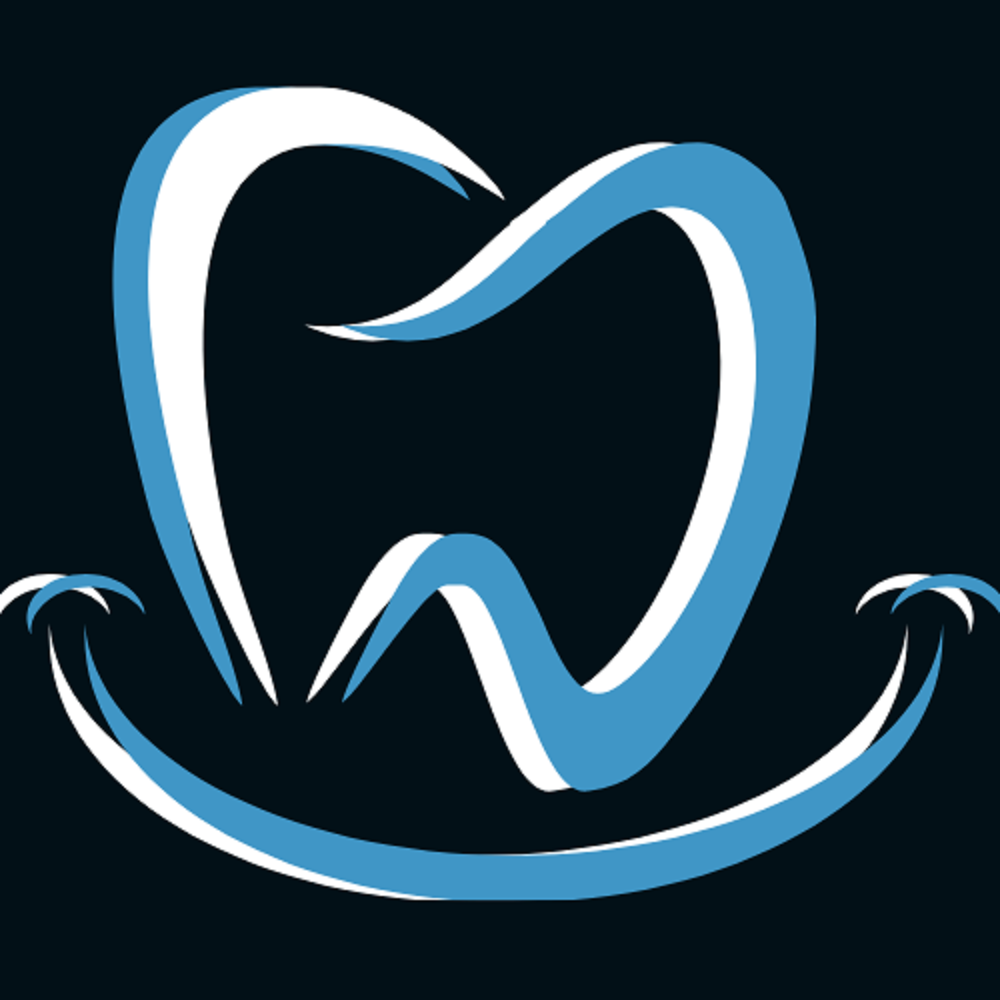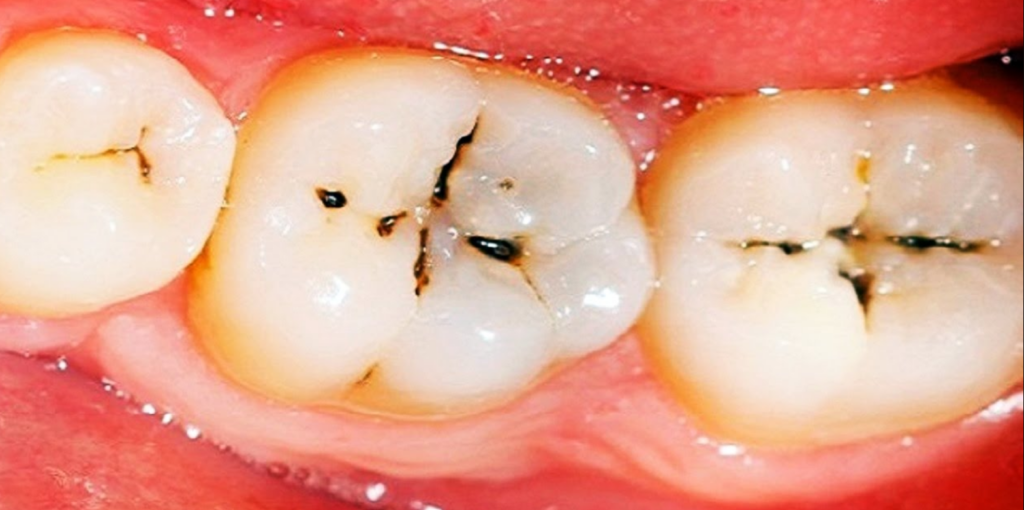
Do you want to go to the dentist every time and obtain a clean bill of health? Learning how to avoid cavities will go a long way toward ensuring that you don’t require a filling in the future.
When germs in your mouth develop a sticky plaque on your teeth, it causes tooth decay and cavities.
Bacteria consume the sugars in food to produce acid, which is one of the byproducts. This acid is held against your teeth by the sticky plaque, which damages your tooth enamel and causes cavities.
Here’s how you can prevent and avoid getting cavities:
Brush Your Teeth
Brushing your teeth correctly with fluoride-containing toothpaste at least twice a day, whether with a traditional toothbrush or an electric toothbrush, is critical in the fight against cavities. Brush your teeth on all sides, including the front, rear, and top. Plaque is removed by brushing your teeth, but it will form again in a few hours, so brush at least twice a day. Brushing your teeth is essential for preventing gum disease. Gum disease might develop if you don’t wash your teeth for numerous days. Brushing ensures the removal of plaque, the main cause of tooth decay and gum disease, as well as the prevention of plaque production.
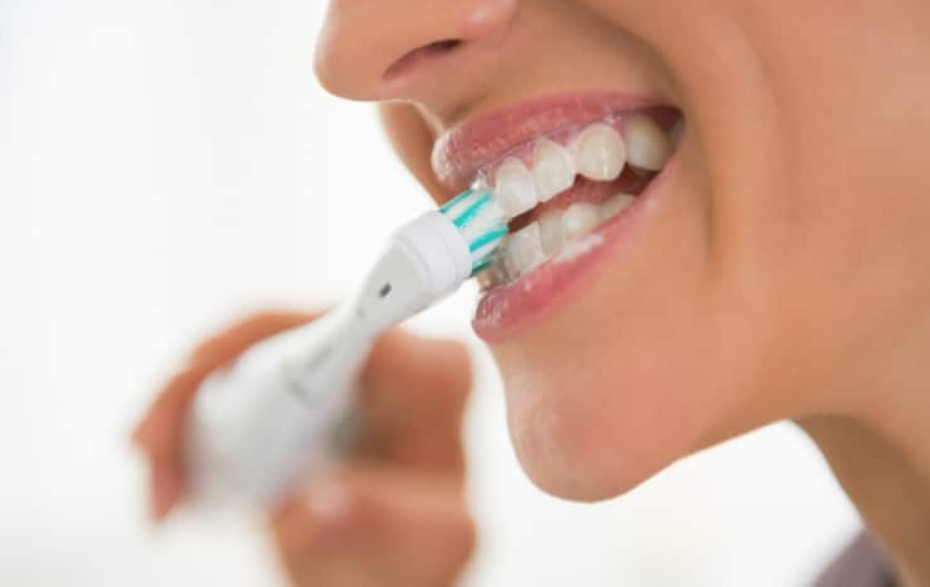
Floss or Clean Between Your Teeth Daily
When you eat, food debris becomes stuck between your teeth. Cavities might develop if the trash is not cleaned. The easiest technique to remove food particles from between the teeth is to floss or use an interdental cleaning every day.
Dental floss is a simple and efficient instrument that can be one of your best weapons in the fight against periodontal disease. Plaque and bacteria build up in the mouth, causing periodontal disease. Brushing your teeth for two minutes at least twice a day should be part of your daily oral hygiene practice. Flossing should be a part of your daily routine as well. Dental floss is useful for cleaning hard-to-reach spots that your toothbrush can’t reach. Throughout the day, little gaps and tight areas between teeth trap food waste as well as sugars and acids from liquids. Flossing aids in the cleaning of these difficult-to-reach areas.
Flossing your teeth just takes a few minutes each day, but those few minutes can add to a lifetime of good dental health. Flossing is one of the most effective methods for keeping your gums clean and healthy.
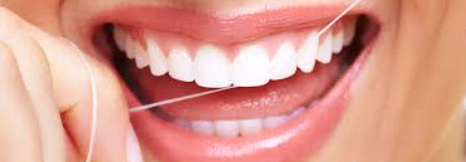
Eat Healthy
Brushing with fluoride toothpaste and flossing on a daily basis is important for a healthy smile, but did you know that your diet has an impact on your dental health as well?
Healthy teeth and gums are promoted by eating a range of nutrient-rich foods from all dietary categories. A well-balanced diet rich in fruits, vegetables, protein foods, grains, and dairy provides the necessary elements for good oral and overall health. In order to maintain good dental health, it is necessary to eat a well-balanced diet. Plaque formation on your teeth can be prevented by eating nutritious snacks and minimizing the number of sugary drinks you consume. Instead, sip some water.
Don’t make it a habit to eat sugary snacks on a regular basis, such as hard candy and other sugary snacks.
Snacking wisely can also help keep your mouth in good shape. Resist the impulse to snack regularly – the more you eat, especially between meals, the more probable acid assaults on your teeth will occur. If you must snack, make intelligent choices. Instead of sweet delights like hard or sticky candy, opt for healthy options like raw veggies, fruits, plain yogurt, and popcorn. Brush your teeth after snacking to avoid cavities. If you don’t have access to a toothbrush, rinse your mouth with water to remove food particles.

Visit Your Dentist and Dental Hygienist
A dentist or a dental X-ray is the only way to discover many cavities. Your dentist will check for cavities during your dental checkup. To discover cavities between your teeth, X-rays may be taken. Your teeth will be checked for plaque and tartar during the exam.
Your gums will then be examined. The depth of the spaces between your teeth and gums will be measured using special equipment. The spaces between the teeth are shallow in those who have healthy gums. Gum disease can cause the gaps between the teeth to widen. Regular check-ups and cleanings with your dentist are essential for preventing cavities and maintaining good oral hygiene. You should also talk to your dentist about whether you should take fluoride supplements to strengthen your teeth. The dental hygienist can provide you with brushing and flossing tips to ensure that you are brushing and flossing properly.
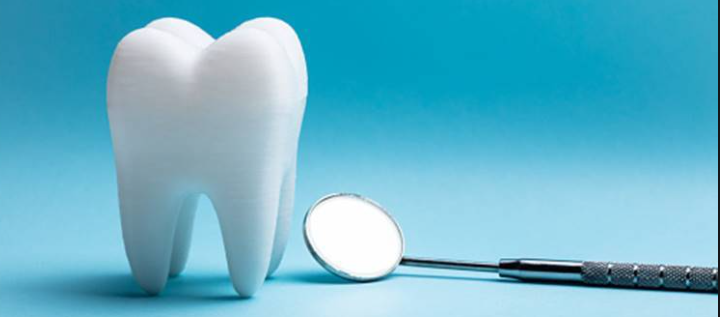
Have Sealants Placed
Pit and fissure sealants have been used since the 1960s, and the benefits of dental sealants have considerably improved since then. Dental sealants are a thin plastic covering that is put to the chewing surfaces of your teeth (usually your back molars) to help prevent the build-up of acids and bacteria that cause tooth decay. Dental sealants work by producing a smooth surface across the pits and crevices of our teeth, preventing cavities. These pits and fissures are difficult to maintain clean and are prone to food and plaque accumulation.
In the early 1900s, the notion of dental sealants was first introduced. The benefits of dental sealants, as well as the skill of applying them and the dental sealant materials utilized, have all progressed significantly since then.
Dental sealants are a protective covering placed on the back teeth’ biting surfaces. By insulating the tooth from bacteria and filth, the sealant helps to prevent cavities. Sealants are more common in children due to the new growth of permanent teeth, but they can also help adults.
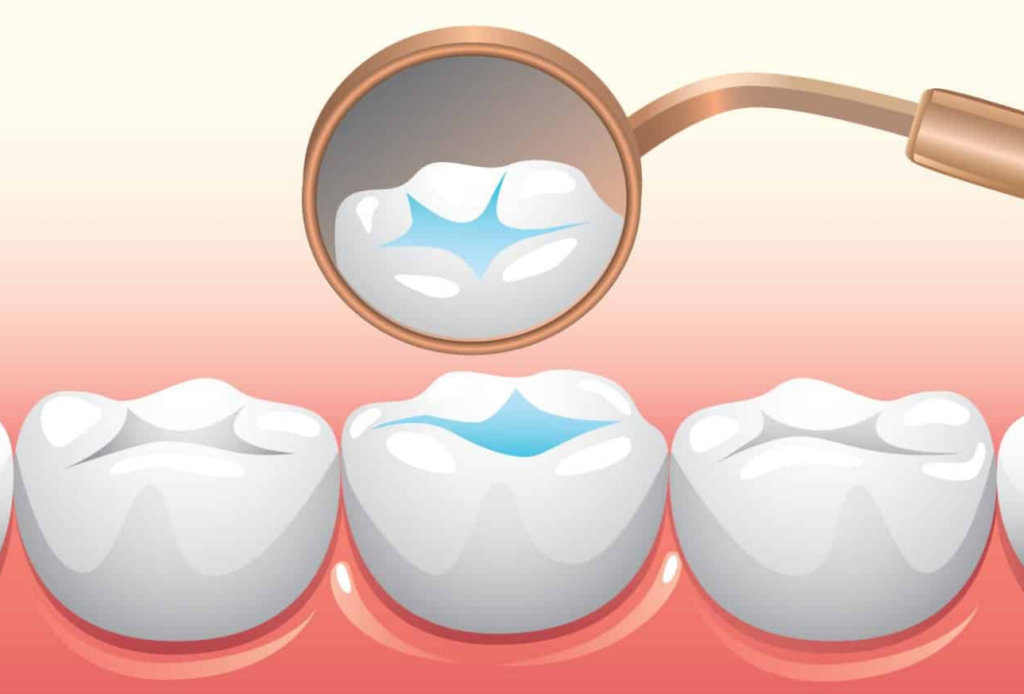
Use a Mouthwash
Oral rinse, often known as mouthwash, is a liquid preparation that is used to rinse your teeth, gums, and mouth. It generally has an antiseptic in it to destroy bacteria that live between your teeth and on your tongue.
Mouthwash is used by some to combat bad breath, while others use it to try to prevent tooth decay.
In terms of oral hygiene, mouthwash isn’t a substitute for brushing and flossing, and it’s only beneficial when used appropriately. It’s also crucial to remember that different product formulae contain different components, and not all mouthwashes can help you keep your teeth healthy.
Listerine and Crest Pro Health, for example, are antibacterial mouth rinses that have been clinically proven to reduce plaque. After brushing or eating, rinsing with one of these mouth rinses can help prevent cavities.
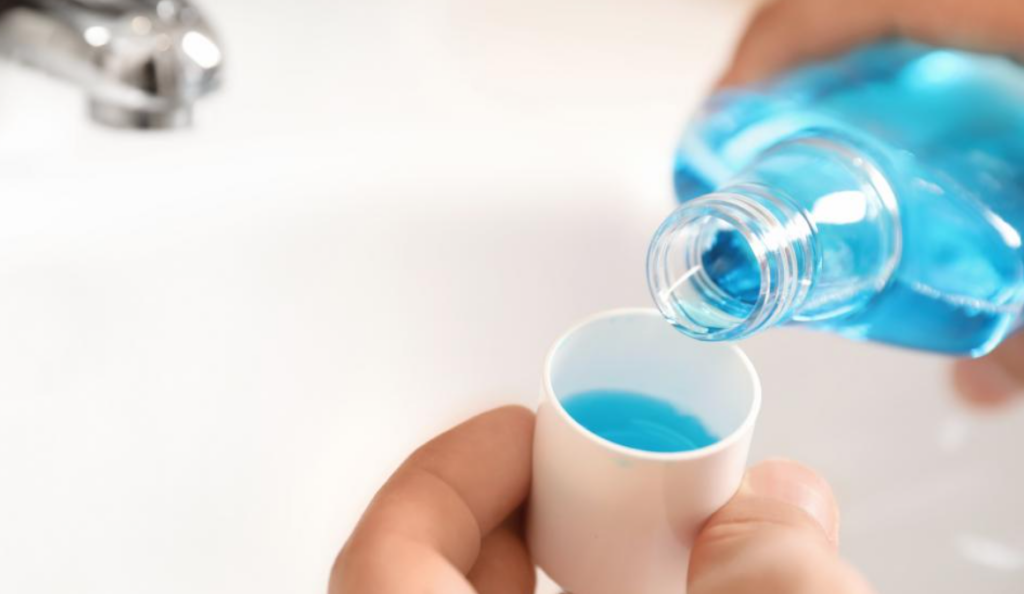
Chew (Sugarless) Gum
When brushing with a toothbrush and fluoride toothpaste isn’t possible, chewing sugar-free gum protects your teeth and gums in between meals.
After you eat, your teeth are more vulnerable to acid damage. Plaque bacteria and sugars in our food and drink produce acid, which slowly dissolves the enamel and dentine of the tooth, resulting in a hole or ‘cavity.’ (Plaque is a thin, sticky film that forms on your teeth over time and contains a variety of bacteria that can cause tooth decay and gum disease.)
Chewing certain sugarless gums, believe it or not, can help prevent cavities by increasing saliva flow in your mouth. Wrigley’s Orbit, Eclipse, and Extra chewing gums received the American Dental Association’s Seal of Acceptance in 2007 for helping to prevent cavities. Other sugar-free gums, such as Bazooka Sugar-Free Bubble Gum, will have the Seal of Acceptance. You now have a reason to blow bubbles.
